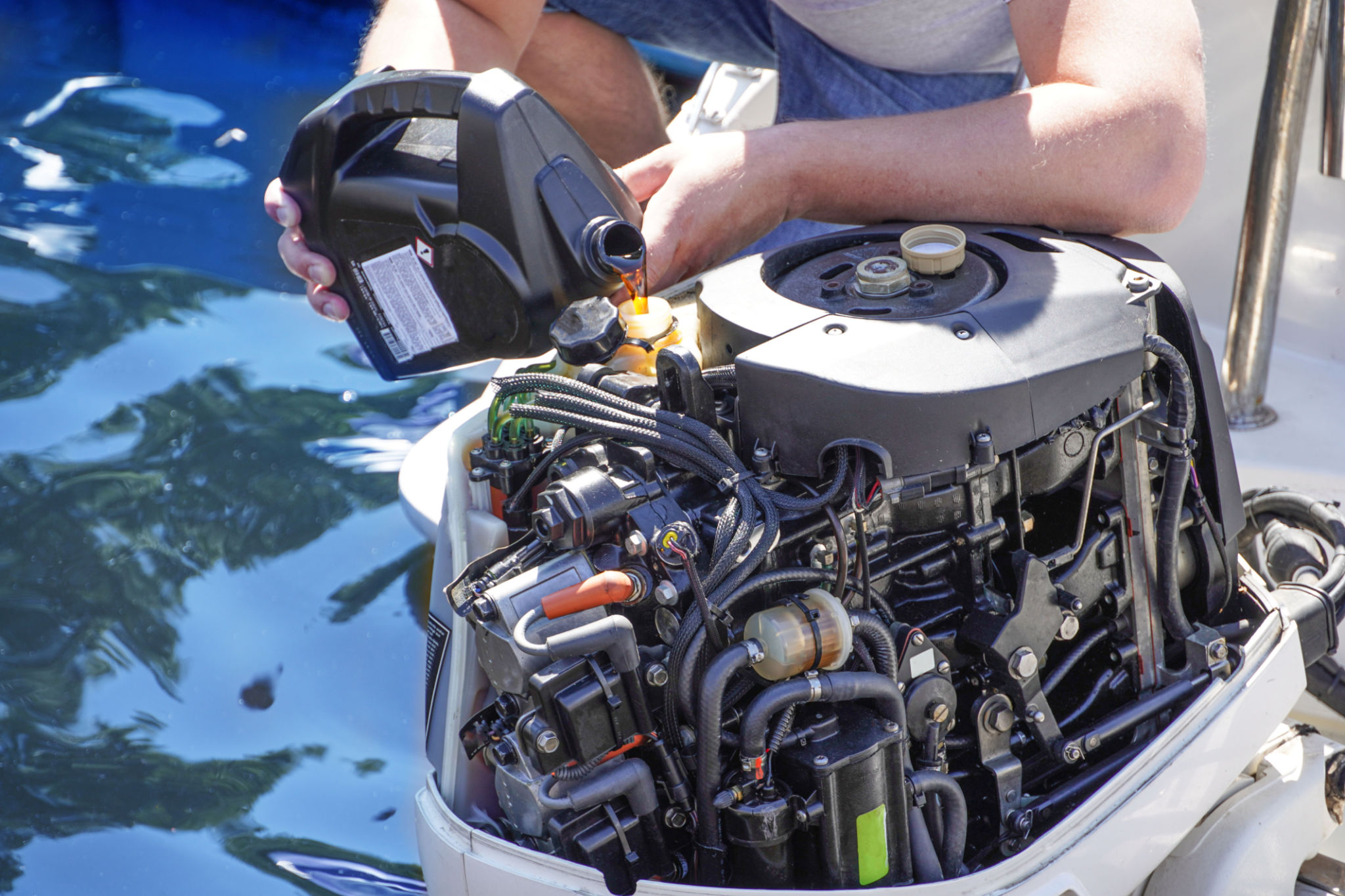The Benefits of Regular Zinc Changes for Boats in Capital Regional District
Understanding the Importance of Zinc Anodes
In the marine environment, boats are subjected to harsh conditions that can lead to corrosion. One essential component that helps prevent this corrosion is the zinc anode. Zinc anodes, commonly known as sacrificial anodes, play a crucial role in preserving the integrity of your boat's metal parts. By undergoing regular zinc changes, boat owners in the Capital Regional District can ensure their vessels remain in top condition.
The primary function of a zinc anode is to protect the submerged metal parts of a boat from galvanic corrosion. When metals like steel or aluminum come into contact with saltwater, they can corrode quickly. Zinc, being a more reactive metal, sacrifices itself to protect these critical components, hence the name "sacrificial anode."
Regular maintenance and replacement of zinc anodes are vital for maintaining the longevity of your boat's hull and other underwater metal parts. Without proper care, corrosion can cause severe damage, leading to costly repairs and downtime.

Benefits of Regular Zinc Changes
Regular zinc changes offer numerous benefits that go beyond preventing corrosion. By proactively replacing zinc anodes, boat owners can enjoy a safer and more efficient boating experience. Here are some key benefits:
- Enhanced Performance: Well-maintained zinc anodes help improve the overall performance of your boat by keeping the propeller and other vital components in optimal condition.
- Cost Savings: Preventing corrosion through regular zinc changes can save you money by avoiding expensive repairs and replacements of damaged parts.
- Environmental Protection: Reducing corrosion minimizes the release of harmful metals into the water, contributing to a cleaner marine environment.
Recommended Frequency for Zinc Changes
The frequency of zinc changes can vary depending on several factors, including the type of water your boat navigates and the materials used in its construction. However, as a general rule, it's advisable to check your zinc anodes at least once every six months and replace them when they have lost about half of their mass.
For boats operating in the Capital Regional District, where saltwater exposure is common, more frequent inspections may be necessary. Regular checks ensure that the anodes are still effective and provide adequate protection against corrosion.

Choosing the Right Zinc Anodes
Selecting the appropriate zinc anodes for your boat is crucial for effective protection. When choosing zinc anodes, consider factors such as the size and type of your boat, as well as the specific areas that require protection. Consulting with a marine professional can help you make informed decisions about suitable products for your vessel.
It's also important to ensure that the anodes are securely attached to the boat's metal components. Poor installation can reduce their effectiveness and expose your boat to potential damage.
Professional Assistance and Services
While some boat owners may feel confident in performing zinc changes themselves, working with a professional marine service provider in the Capital Regional District can offer added peace of mind. Professionals have the expertise to assess your boat's needs accurately and ensure that zinc changes are carried out correctly.
They can also offer valuable advice on other aspects of boat maintenance, ensuring that your vessel remains seaworthy and protected from corrosive elements.

Conclusion: Safeguarding Your Investment
In conclusion, regular zinc changes are a small but significant part of maintaining a boat's health and performance. For those navigating the waters around the Capital Regional District, keeping up with this maintenance task can safeguard your investment and enhance your boating experience.
By understanding the importance of zinc anodes and committing to regular changes, you can enjoy peace of mind, knowing that your boat is well-protected against the corrosive effects of saltwater and other environmental hazards.